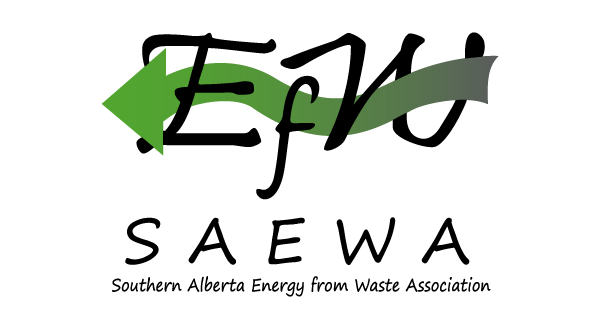
The Southern Alberta Energy from Waste Association (SAEWA) has selected its preferred site for its future operations.
For over a decade SAEWA, a non-profit coalition of municipalities has been working on researching and implementing an energy recovery from non-recyclable waste materials facility. This could utilize a number of different technologies including incineration, gasification or anaerobic digestion.
It received a $400,000 grant from Alberta Community Partnership program to research sites and from 11 potential locations, it identified the Newell Regional landfill as the top contender.
The Drumheller and District Solid Waste Management Association (DDSWMA) is a member of SAEWA, however, it is considering whether it will remain.
DDSWMA has 15 regional members and 19 waste transfer stations. The Regional landfill is in Drumheller.
“We said, as an association, we would figure out where they were going to site it and then make a determination about what we are going to do going forward,” said Drumheller CAO Darryl Drohomerski.
He said as an association, they have paid their dues for 2020, however, they are still going to take a hard look at whether they will remain a part of SAEWA.
He said if DDSWA decides it does not want to continue with its membership in SAEWA, individual municipalities can opt-in or opt-out.
He says Drumheller has some reservations about the plan. Transportation is one factor. Moving waste to a site further away could mean a greater cost for transportation.
“If you are Standard or Rockyford, it is probably equidistant, but for the rest, it is probably further to travel,” he said.
He also adds if a municipality decides to join SAEWA, and leave DDSWMA, it is a five-year process, or it would have to pay a premium.
“Drumheller would be out. Why would we take a landfill that has 40 to 60 years of life in its current arrangement and say we are going to ship it?” he asks.
Councillor Fred Makowecki, who sits on DDSWMA, agrees.
“Drumheller has a landfill within its boundaries. It makes no economic sense to send refuse 100 kilometres away,” said Makowecki.
He adds at this point there is no indication of what the tipping fees and transportation fees will cost and says the project is still in its infancy.
“Along the project spectrum of where they are, they are still in the early stage of it because they haven’t done a detailed design, they have done a detailed cost estimate of it, they still need to get approvals from the Alberta Environment, so there is a fair bit of work to do,” he said. “There are lots of questions unanswered on the process.”

















